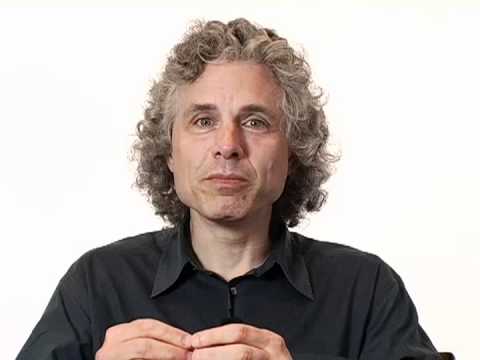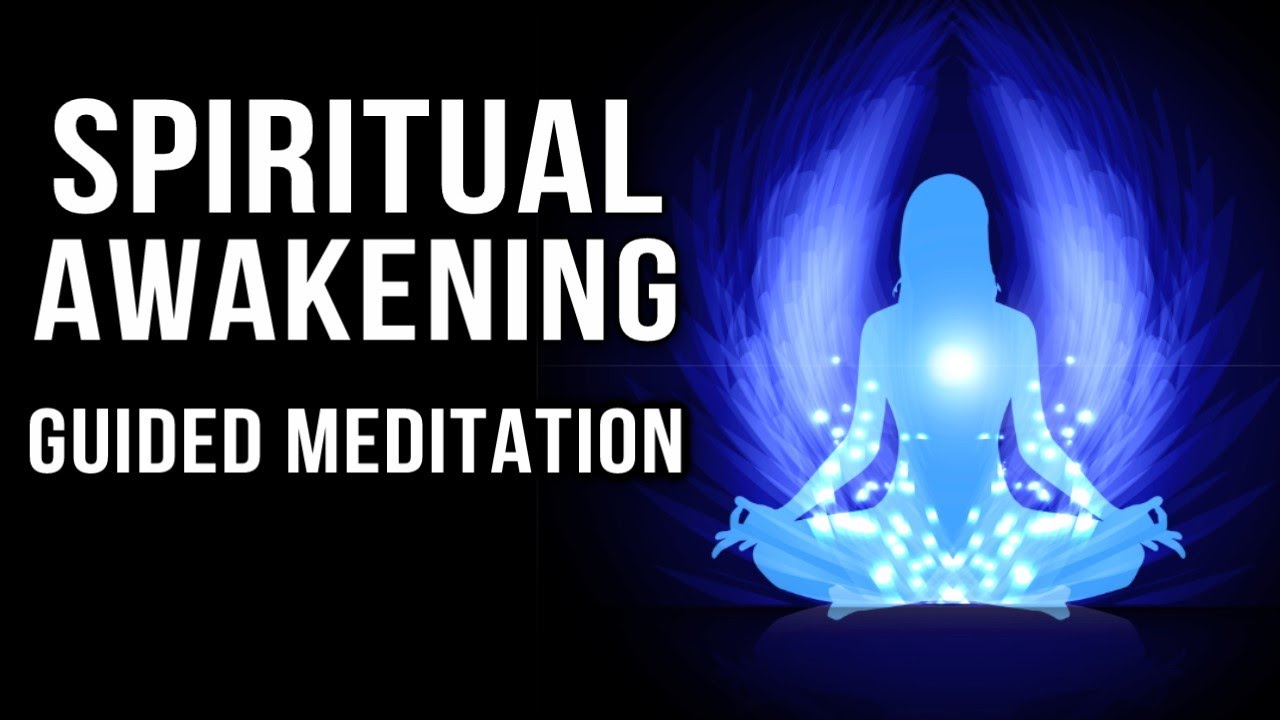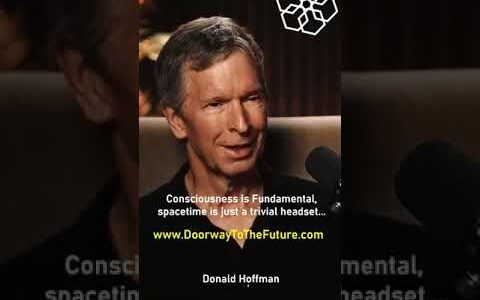Big Think
New videos DAILY: https://bigth.ink
Join Big Think Edge for exclusive video lessons from top thinkers and doers: https://bigth.ink/Edge
———————————————————————————-
Free will exists, but by no means is it a miracle.We use “free will” to describe the more complex processes by which behavior is selected in the brain. These neurological steps taken to make decisions respect all laws of physics.”Free will wouldn’t be worth having or extolling, in moral discussions, if it didn’t respond to expectations of reward, punishment, praise, blame,” Pinker says.
———————————————————————————-
STEVEN PINKER
Steven Pinker is an experimental psychologist who conducts research in visual cognition, psycholinguistics, and social relations. He grew up in Montreal and earned his BA from McGill and his PhD from Harvard. Currently Johnstone Professor of Psychology at Harvard, he has also taught at Stanford and MIT. He has won numerous prizes for his research, his teaching, and his nine books, including The Language Instinct, How the Mind Works, The Blank Slate, The Better Angels of Our Nature, The Sense of Style, and Enlightenment Now: The Case for Reason, Science, Humanism, and Progress.
———————————————————————————-
FOLLOW BIG THINK:
📰BigThink.com: https://bigth.ink
🧔Facebook: https://bigth.ink/facebook
🐦Twitter: https://bigth.ink/twitter
📸Instagram: https://bigth.ink/Instragram
📹YouTube: https://bigth.ink/youtube
✉ E-mail: info@bigthink.com
———————————————————————————-
TRANSCRIPT:
STEVEN PINKER: I do believe that there is such a thing as free will but by that I do not mean that there is some process that defies the laws of physical cause and effect. As my colleague Joshua Greene once put it, it is not the case that every time you make a decision a miracle occurs. So I don’t believe that. I believe that decisions are made by neurophysiological processes in the brain that respect all the laws of physics. On the other hand it is true that when I decide what to say next when I pick an item from a menu for dinner it’s not the same as when the doctor hits my kneecap with a hammer and my knee jerks. It’s just a different physiological process and one of them we use the word free will to characterize the more deliberative, slower, more complex process by which behavior is selected in the brain.
That process involves the aggregation of many diverse kinds of information – our memory, our goals, our current environment, our expectation of how other people will judge that action. Those are all information streams that affect that process. It’s not completely predictable in that there may be random or chaotic or nonlinear effects that mean that even if you put the same person in the same circumstance multiple times they won’t make the same choice every time. Identical twins who have almost identical upbringings, put them in the same chair, face them with the same choices. They may choose differently. Again, that’s not a miracle. That doesn’t mean that there is some ghost in the machine that is somehow pushing the neural impulses around. But it just means that the brain like other complex systems is subject to some degree of unpredictability. At the same time free will wouldn’t be worth having and certainly wouldn’t’ be worth extolling in world discussions if it didn’t respond to expectations of reward, punishment, praise, blame.
When we say that someone – we’re punishing or rewarding someone based on what they chose to do we do that in the hope that that person and other people who hear about what happens will factor in how their choices will be treated by others and therefore there’ll be more likely to do good things and less likely to do bad things in the expectation that if they choose beneficial actions better things will happen to them. So paradoxically one of the reasons that we want free will to exist is that it be determined by the consequences of those choices. And on average it does. People do obey the laws more often than not. They do things that curry favor more often than they bring proprium on their heads but not with 100 percent predictability. So that process is what we call free will. It’s different from many of the more reflexive and predictable behaviors that we can admit but it does not involve a miracle.
Source




What success is greater than mutually understanding valid Love within your Human Nature Pattern?
The ultimate climb/war that is fought anywhere on earth can always be reduced to "Love" (selfless) vs "Greed" (selfish).
Selflessly,
Ps. Love is a continual trust in the variable choice as Hope (not its result) for Happiness as peace. _Reciprocal selfless Circle
(Official Love Formats) https://facebook.com/notes/book-readers/acx-audible-now-available/1137301952979399
But no action with moral goals is amoral isn't it? I don't get Pinker belief system at all. For me coming up with better strategies to improve our moral goals is a moral based action. I really want to know if I misunderstood him and how.
Keeping aside the fact that this video does not say anything on Moral Relativism as in its title, there is a major flaw in Pinker's argument. He ultimately admits that amoral solutions have to be implemented through policy-makers and such which is in itself a political decision, and thus some degree of morality is always involved. No matter how ingenious the doctors or engineers or designers are, there is no "amoral" solution to any practical problem since any solution has to be implemented to work and the decision of implementation always has some moral underpinning.
Since moral relativism breaks down as being a contradictory concept, this video is describing what are pragmatic social contracts (i feel my subconscious hating what I've written).
is incest wrong if the man or his mother was sterile? why?
Christian apologist Dr. Matthew Flannagan has recently posted three blog entries attacking moral relativism. I answer him point-by-point, and repeatedly ask him to state one specific moral proposition that he feels is objectively true, and then provide the reasons. We'll have to see if he accepts the counter-challenge.
http://turchisrong.blogspot.com/2018/06/my-answer-to-matthew-flannagans.html
http://turchisrong.blogspot.com/2018/06/my-answer-to-matthew-flannagans-second.html
http://turchisrong.blogspot.com/2018/06/my-answer-to-matthew-flannagans-third.html
A nice introduction to A’ Level Design & Technology. But not really challenging Moral Relativism.
Poorly titled, nice little talk.
Sad wrong title…
Edgelord edgelords.
Someone doesn’t know the definition of moral relativism
Pinker doesn’t want people to take responsibility for their own actions. See, it’s the cars fault for not having automatic braking, not the drivers fault for failure to stop in time.
Pinker deserves to be beaten with a stick to be spreading this horseshit.
The critical distinction between moral and non-moral responses to human misaction is the distinction between those acting in error despite trying in good faith to do the right thing, and those acting in error because they are cynically and deliberately trying to do the wrong thing.
Thank you for this. I just posted a short clip called: "Static Truth" that you might find interesting:
https://www.youtube.com/watch?v=GDTR6sanlIg
The fact that you would snap the I v valve so it doesn't go to the wrong patient implies that it is morally wrong for the medicine to go to the patient. In other words, by solving a problem at all implies a moral incentive to solve said problem. Solution equates a moral ought.
This sounds like a great argument for the altruistic nature of capitalism.
If I make you something to improve your life, I'll be able to sell it to you and become rich, therefore I will make and advance technology to improve your life.
That wasn’t post modern at all just logical lmao
Incredible jawline
Does not know about hospitals, IV and drugs and surgeons are all Deadly. Call a Hospice.Pfft
"bittersweet glow of having punished the careless"- we do love us some revenge!
Bitter sweet glow?
Ug.
weird